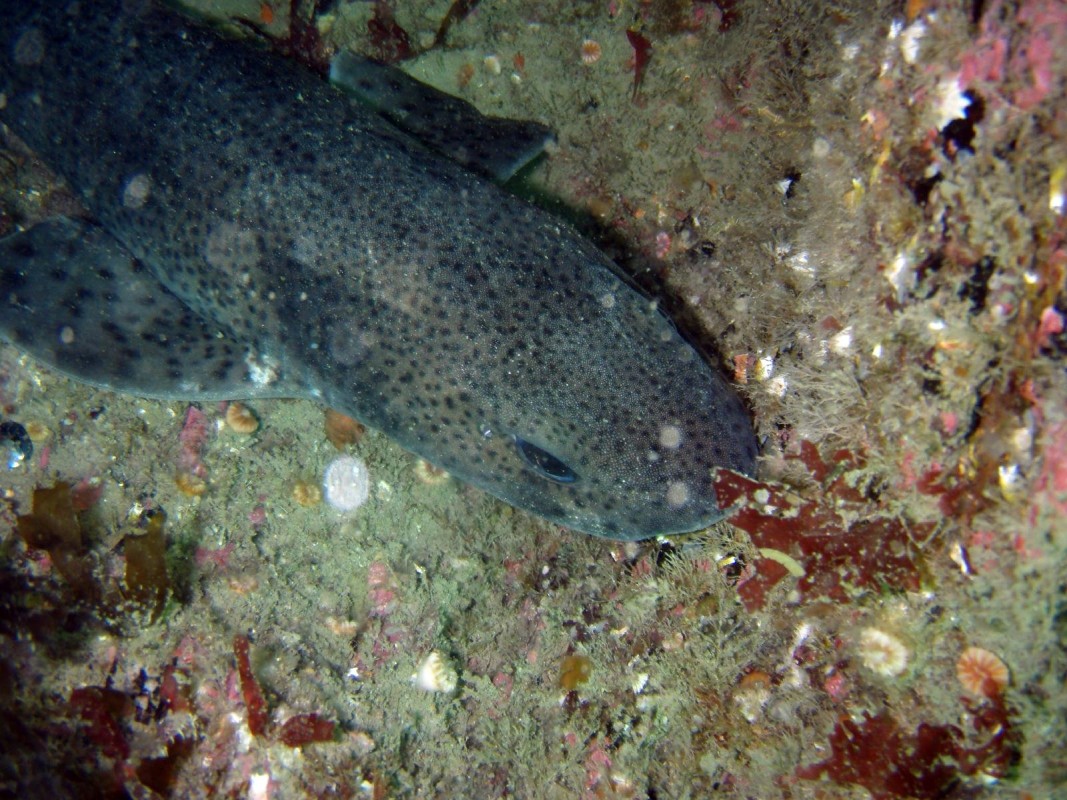Research by Cranfield University Shows that Sharks are Quite Clever

New behavioural research led by Cranfield ecological scientists shows that, contrary to historical beliefs, sharks are quick to learn and have good memories.
Drs Joel Kimber and Andrew Gill, who designed and conducted the study, suggest that this type of research will help improve the status of the much-misunderstood sharks. This is vitally important as many species are endangered and need protection and public support, because of dramatic population declines caused by unregulated fishing.
Sharks have historically been considered as relatively unintelligent predators. However, Cranfield University and the Marine Biological Association of the UK demonstrated that small-spotted catsharks (a common, sea-bed dwelling shark found around the entire British and NW European coast) possess impressively quick learning ability. They were also able to determine that the sharks possess a memory of between a day and a few weeks; significantly more than the 7-seconds that is, often incorrectly, associated with fish.
Sharks use a sense called electroreception to detect bio-electric fields emitted by their prey. The researchers recreated these electric fields to measure and analyse the behavioural response of the sharks, using experimental manipulation and food rewards. The rewarded sharks showed an impressive learned response of finding and biting the source of the electric fields significantly more quickly and intensely than their unrewarded counterparts. They would, however, forget these learned adaptations after three weeks when experiments were repeated.
It is thought these skills are adaptive and are ideally suited to a predator living in a complex, variable and unpredictable environment allowing them to adapt behaviour, ultimately improving their feeding efficiency.
The full report was published in the international journal Animal Cognition.
Photo by Anthony Patterson, Small-spotted catshark



